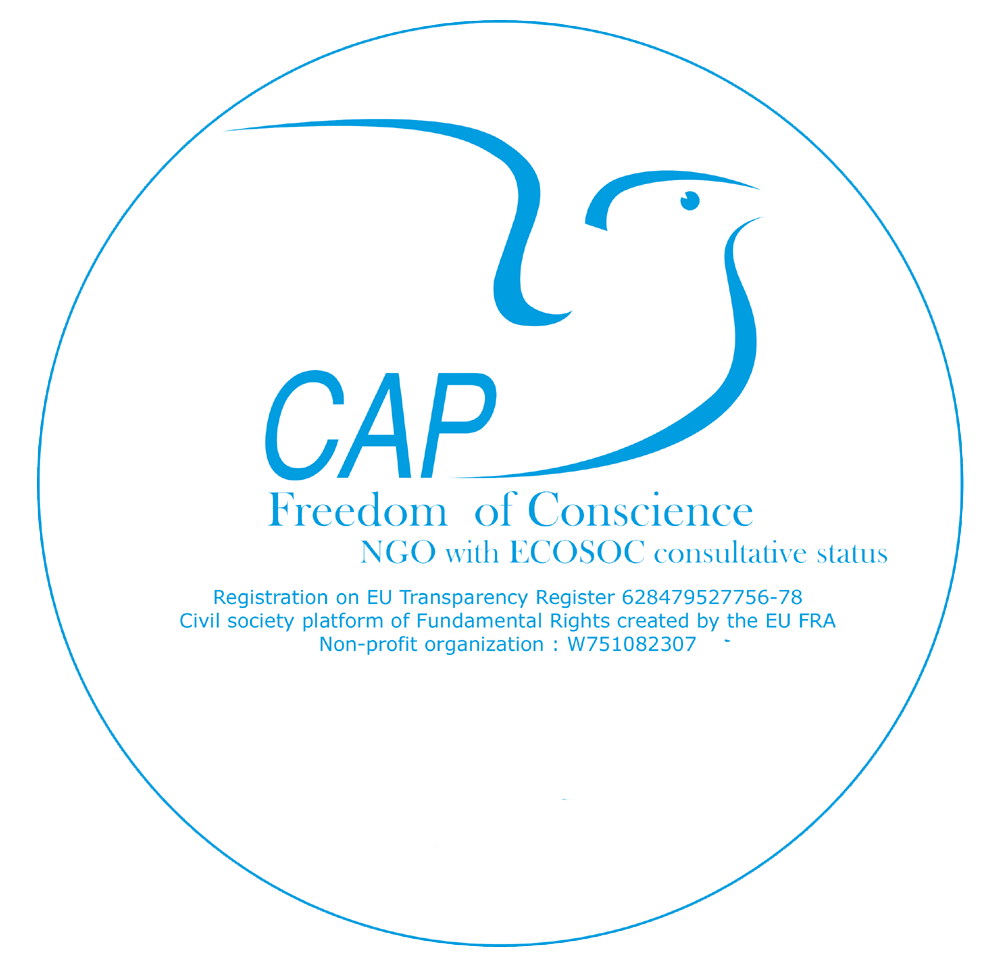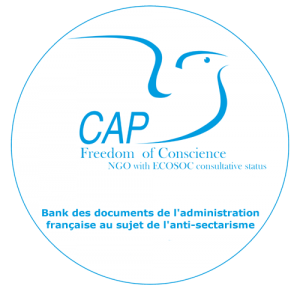by : CAP Liberté de Conscience Junuary 2025
The International Human Rights Committee (IHRC) in association with CAP Liberté de Conscience has continued to draw the world’s attention to the severe persecution of the Ahmadiyya Muslim Community in Pakistan.
Incident reports from IHRC, including “Former President of the United Nations General Assembly, Builds Historic Mosque Demolished by Rising Extremism in Pakistan,” and “A New Wave of Anti-Ahmadi Persecution in Pakistan: Graves Desecrated, Houses Marked, and Mosques in Imminent Danger” show that the situation in the country is getting worse.
A Wave of Violence and Desecration
The reports provide details of severe incidents that took place in January 2025. On January 16, a historical mosque in Daska was pulled down by Sir Chaudhry Muhammad Zafarullah Khan, the first Foreign Minister of Pakistan and the President of the United Nations General Assembly and the International Court of Justice.
The operation was completed with the help of the local authorities, and the extremists demanded that all electricity in the area be switched off and police be called in to surround the area. The protesters who protested were threatened with violence and the demolition was celebrated by the extremists as a ‘golden day’.
Between the 21st and the 24th of January, 40 Ahmadi graves were desecrated in Sheikhupura and Farooqabad. Black paint was used to deface the gravestones, and hateful slogans like ‘Qadianis are infidels’ were written on the private residences. The Ahmadiyya community reported the incident to the police and provided pictorial evidence of the incident but the police did nothing.
However, the extremists did not stop there; they went after Ahmadi mosques, including the Sultanpura Mosque in Lahore, where clerics demanded that its minarets be brought down. The police, instead of shielding the community, told the extremists that their demands would be fulfilled.
These incidents are part of a wider trend of systemic persecution, wherein the Ahmadiyya community is deprived of the right to worship, security and dignity. The IHRC and CAP Liberté de Conscience have for many years cooperated to report these violations to international bodies like the OSCE and the United Nations Human Rights Committee.
EU Special Representative for Human Rights Visit to Pakistan
These are severe human rights abuses, which coincide with the visit of the European Union’s Special Rapporteur for Human Rights to Pakistan. According to Dawn, the visit is to meet the Pakistani government over important human rights issues and to check on the country’s preparations for the GSP+ monitoring mission that is due in June 2025.
The EU has told Pakistan not to take its GSP+ status for granted because compliance with international human rights obligations is a condition for the trade preferences under the scheme. The EU has also expressed its concerns over Pakistan’s violations of the International Covenant on Civil and Political Rights which Pakistan signed in 2010.
The EU has expressed its concern over the use of military courts to try the protesters, a practice, which it says is not compatible with Pakistan’s ICCPR obligations.
The ICCPR review by the UN Human Rights Committee at the end of 2024 also focused on Pakistan’s violations insofar as the protection of religious minorities, including the Ahmadiyya community, is concerned, and made some concrete recommendations on how to address these violations.
Linking Persecution to International Obligations
The persecution of the Ahmadiyya community starkly illustrates Pakistan’s disregard for its commitments under the ICCPR and other international treaties. The Human Rights Committee’s 142nd session expressed deep concern over the country’s blasphemy laws and the systemic discrimination faced by Ahmadis. CAP Liberté de Conscience and IHRC actively participated in this session, advocating for stronger international pressure on Pakistan to uphold its obligations.
The European envoy’s visit provides a critical opportunity to address these issues. The EU’s focus on human rights, particularly in the context of the GSP+ monitoring mission, underscores the importance of holding Pakistan accountable for its treatment of religious minorities. The recommendations from the UN Human Rights Committee, including those specifically addressing the Ahmadiyya community, must be implemented without delay.
A Call for Justice and Accountability
The present persecution of the Ahmadiyya community reveals the necessity of Pakistan to meet its human rights responsibilities. The government of Pakistan should act now to prevent violence and discrimination against the Ahmadiyya community and to protect Ahmadis’ places of worship and their right to freedom of religion and belief. As a signatory to the ICCPR and other international conventions and treaties, Pakistan is supposed to protect these rights.
Additionally, Pakistan’s commitments to the European Union under the GSP+ framework mean that real changes have to be made to the situation with human rights violations. The international community, including the EU, should not cease to assured Pakistan to stop the persecution of Ahmadi and other minorities.







